Building better urban futures
The role of Delphi in strategic planning, regional foresight, and stakeholder engagement
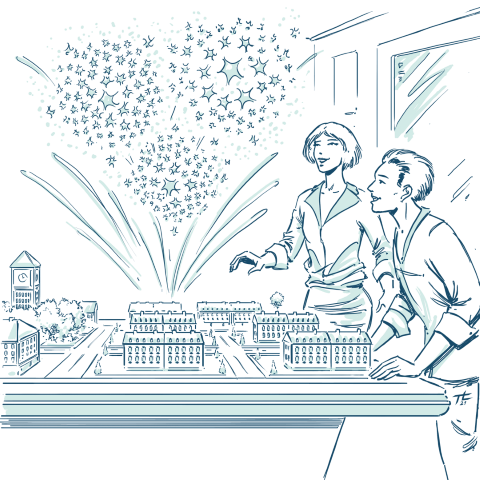

Navigating complexity in urban planning and governance
Urban planning and governance operate at the nexus of complex systems, long-term uncertainty, diverse stakeholder needs, and significant resource constraints. Crafting effective policies, developing resilient long-term strategies, managing inherent risks, and ensuring public legitimacy demand processes that move beyond conventional consultations or internal expert silos. The Delphi method, especially in its advanced Real-Time Delphi (RTD) format, provides a powerful and adaptable framework. It structures dialogue not only for broad stakeholder engagement but also, crucially, for focused deliberation among expert groups and internal task forces tasked with navigating complexity and informing critical decisions in urban governance.

Why Delphi matters for urban planning, strategy, and risk
Delphi’s core principles offer significant advantages over less structured approaches often used in planning and governance:
![]() Managing diverse expertise and stakeholder input: Whether engaging a focused panel of infrastructure experts or a broader mix including community representatives, Delphi’s anonymity allows diverse knowledge and perspectives to be contributed and evaluated on merit, reducing the influence of hierarchy or loudest voices.
Managing diverse expertise and stakeholder input: Whether engaging a focused panel of infrastructure experts or a broader mix including community representatives, Delphi’s anonymity allows diverse knowledge and perspectives to be contributed and evaluated on merit, reducing the influence of hierarchy or loudest voices.
![]() Deep exploration of complexity, uncertainty and risk: Urban systems are intricate. Delphi’s iterative structure allows panels to systematically explore complex interdependencies (e.g., between transport, housing, and environment), grapple with long-term uncertainties (climate change, technological shifts), and identify/assess potential strategic risks that might be overlooked in standard analyses.
Deep exploration of complexity, uncertainty and risk: Urban systems are intricate. Delphi’s iterative structure allows panels to systematically explore complex interdependencies (e.g., between transport, housing, and environment), grapple with long-term uncertainties (climate change, technological shifts), and identify/assess potential strategic risks that might be overlooked in standard analyses.
![]() Surfacing assumptions for robust strategy: The focus on reasoning forces participants (be they internal strategists or external experts) to articulate the assumptions underpinning forecasts, policy preferences, or risk assessments. Making these assumptions explicit is vital for developing strategies that are robust and adaptable.
Surfacing assumptions for robust strategy: The focus on reasoning forces participants (be they internal strategists or external experts) to articulate the assumptions underpinning forecasts, policy preferences, or risk assessments. Making these assumptions explicit is vital for developing strategies that are robust and adaptable.
![]() Synthesizing technical knowledge and societal values: Delphi provides a framework to integrate technical analysis (e.g., from planners, engineers, economists) with broader stakeholder values and community preferences, leading to more balanced and legitimate outcomes.
Synthesizing technical knowledge and societal values: Delphi provides a framework to integrate technical analysis (e.g., from planners, engineers, economists) with broader stakeholder values and community preferences, leading to more balanced and legitimate outcomes.
![]() Building shared understanding for implementation: The process fosters mutual learning among participants, clarifying the rationale behind decisions and potentially building broader understanding and buy-in, which is critical for successful implementation of plans and policies.
Building shared understanding for implementation: The process fosters mutual learning among participants, clarifying the rationale behind decisions and potentially building broader understanding and buy-in, which is critical for successful implementation of plans and policies.

Key Delphi applications across the urban governance cycle
Delphi’s structured flexibility supports a wide range of critical tasks:
![]() Strategic planning and foresight: Engaging expert panels or internal task forces to explore future scenarios for the city or region, identify long-term strategic priorities (across sectors like economy, environment, social equity), evaluate different strategic pathways, and build internal alignment.
Strategic planning and foresight: Engaging expert panels or internal task forces to explore future scenarios for the city or region, identify long-term strategic priorities (across sectors like economy, environment, social equity), evaluate different strategic pathways, and build internal alignment.
![]() Policy and plan option development / evaluation: Using focused expert groups to generate and critically assess alternative policy interventions, land use plans, zoning approaches, or infrastructure designs based on feasibility, impact, cost, and desirability criteria.
Policy and plan option development / evaluation: Using focused expert groups to generate and critically assess alternative policy interventions, land use plans, zoning approaches, or infrastructure designs based on feasibility, impact, cost, and desirability criteria.
![]() Urban risk identification and management: Systematically identifying, assessing (likelihood and impact), and prioritizing complex urban risks – from infrastructure vulnerability and climate impacts to social cohesion challenges – and evaluating potential mitigation or resilience strategies.
Urban risk identification and management: Systematically identifying, assessing (likelihood and impact), and prioritizing complex urban risks – from infrastructure vulnerability and climate impacts to social cohesion challenges – and evaluating potential mitigation or resilience strategies.
![]() Infrastructure prioritization: Facilitating consensus among technical experts, budget holders, and potentially stakeholder representatives on prioritizing investments in transport, utilities, green infrastructure, or community facilities based on defined criteria.
Infrastructure prioritization: Facilitating consensus among technical experts, budget holders, and potentially stakeholder representatives on prioritizing investments in transport, utilities, green infrastructure, or community facilities based on defined criteria.
![]() Community visioning and stakeholder engagement: While powerful for expert groups, Delphi can also be adapted for broader structured input from residents or specific community stakeholders on long-term visions or specific planning issues.
Community visioning and stakeholder engagement: While powerful for expert groups, Delphi can also be adapted for broader structured input from residents or specific community stakeholders on long-term visions or specific planning issues.
![]() Guideline and standard setting: Developing shared standards or guidelines for urban design, sustainable building practices, or service delivery through expert consensus.
Guideline and standard setting: Developing shared standards or guidelines for urban design, sustainable building practices, or service delivery through expert consensus.

The RTD advantage: Enabling agility, depth, and scale
Real-Time Delphi (RTD) brings significant advantages to these applications:
![]() Efficiency for timely decisions: RTD allows complex expert deliberations or stakeholder consultations to occur within compressed timelines, aligning better with governmental planning and decision-making cycles.
Efficiency for timely decisions: RTD allows complex expert deliberations or stakeholder consultations to occur within compressed timelines, aligning better with governmental planning and decision-making cycles.
![]() Scalability and accessibility: Online RTD platforms remove geographic barriers and can efficiently manage input from both small, focused expert task forces and much larger, diverse groups (including broader stakeholder or citizen panels when desired), supporting inclusivity without sacrificing structure.
Scalability and accessibility: Online RTD platforms remove geographic barriers and can efficiently manage input from both small, focused expert task forces and much larger, diverse groups (including broader stakeholder or citizen panels when desired), supporting inclusivity without sacrificing structure.
![]() Dynamic interaction: Enables rapid feedback loops, allowing panels to react to new information or refine arguments iteratively and efficiently.
Dynamic interaction: Enables rapid feedback loops, allowing panels to react to new information or refine arguments iteratively and efficiently.

Next-generation platforms: The key to deep insight in urban governance
To fully leverage Delphi for the complex, often value-laden issues in urban planning and strategy requires moving beyond basic tools. Next-generation RTD platforms are crucial for facilitating the necessary depth:
![]() Managing complex reasoning: Urban issues involve intricate arguments. Platforms excelling at organizing, visualizing, and enabling deep exploration of qualitative justifications are essential for understanding the ‘why’ behind different expert opinions or stakeholder preferences.
Managing complex reasoning: Urban issues involve intricate arguments. Platforms excelling at organizing, visualizing, and enabling deep exploration of qualitative justifications are essential for understanding the ‘why’ behind different expert opinions or stakeholder preferences.
![]() Supporting strategic deliberation: Features enabling structured interaction and clear visualization of diverse viewpoints help expert groups and task forces systematically evaluate options, weigh trade-offs, and scrutinize assumptions effectively.
Supporting strategic deliberation: Features enabling structured interaction and clear visualization of diverse viewpoints help expert groups and task forces systematically evaluate options, weigh trade-offs, and scrutinize assumptions effectively.
![]() Ensuring inclusivity through intuitive design: When broader participation is sought, a user-friendly interface (a priority for 4CF Halnyx 2.0) is critical to ensure accessibility for non-experts and diverse community members.
Ensuring inclusivity through intuitive design: When broader participation is sought, a user-friendly interface (a priority for 4CF Halnyx 2.0) is critical to ensure accessibility for non-experts and diverse community members.
![]() Highlighting key insights and disagreements: Intelligent guidance features help focus attention on critical points of divergence or emerging consensus within expert panels or stakeholder groups, making the process more efficient and insightful.
Highlighting key insights and disagreements: Intelligent guidance features help focus attention on critical points of divergence or emerging consensus within expert panels or stakeholder groups, making the process more efficient and insightful.
Advanced platforms provide the robust, flexible environment needed for the sophisticated dialogues required in modern urban governance.

Building smarter, more resilient cities with structured dialogue
Effective urban planning and governance demand processes that can handle complexity, integrate diverse knowledge, navigate uncertainty, and build legitimate agreement. The Delphi method, particularly in its most modern format, offers an invaluable framework for structuring these critical dialogues – whether within focused expert task forces developing strategy or broader stakeholder consultations shaping community visions. By leveraging next-generation RTD platforms like 4CF Halnyx 2.0, designed for deep reasoning exploration, intuitive interaction, and scalability, public institutions can foster richer understanding, make more informed decisions, and ultimately build smarter, more resilient, and more equitable cities and regions.
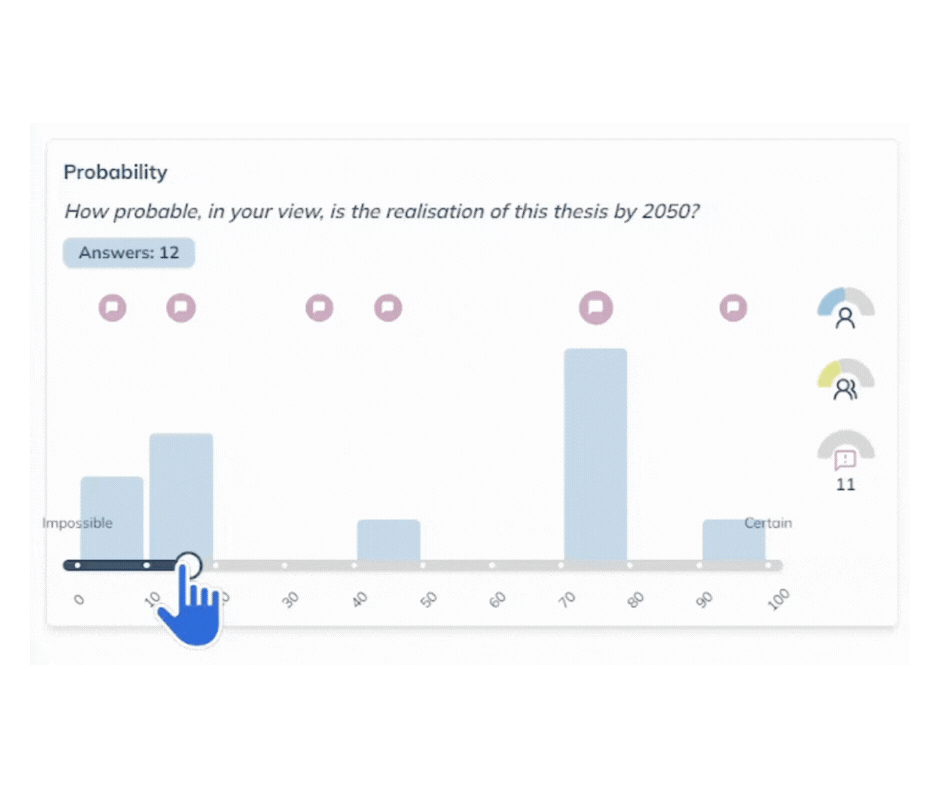
Experience the next generation of Delphi
4CF Halnyx 2.0 provides the intuitive, powerful, and insight-focused platform needed to conduct effective Real-Time Delphi studies that deliver meaningful results.
Interested in Delphi and RTD? Explore our expert series:
4CF Delphi Expert Series offers comprehensive insights, drawing on extensive experience, covering everything from the fundamentals to advanced applications and the crucial role of next-generation platforms. Whether you're new to Delphi or an experienced practitioner, explore these articles to deepen your knowledge and enhance your results.
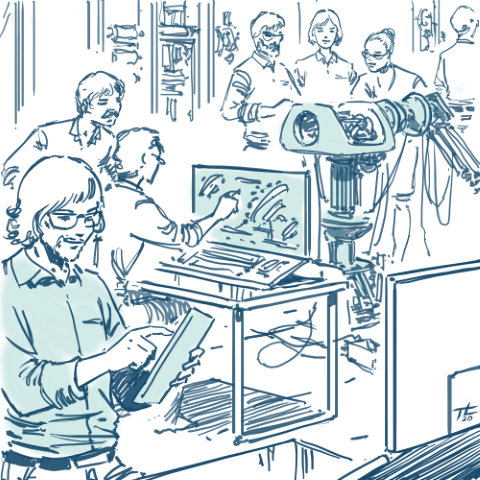

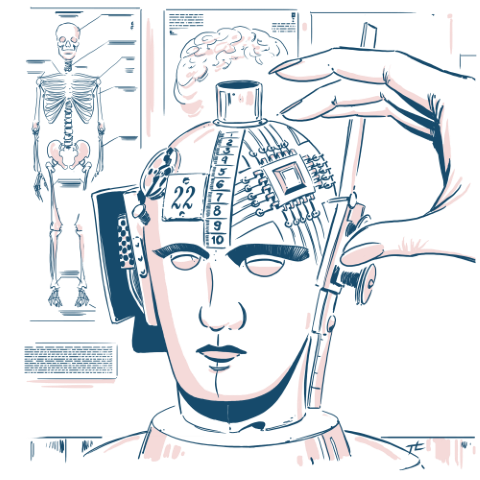


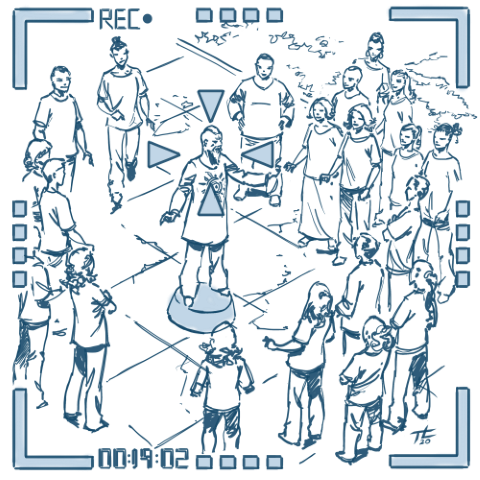
Explored these? Discover even more in our full Delphi series
Interested in Delphi and RTD? Explore our expert series:
4CF Delphi Expert Series offers comprehensive insights, drawing on extensive experience, covering everything from the fundamentals to advanced applications and the crucial role of next-generation platforms. Whether you're new to Delphi or an experienced practitioner, explore these articles to deepen your knowledge and enhance your results.
Explored these? Discover even more in our full Delphi series
Stay updated! Subscribe to our newsletter:
By subscribing to our newsletter, you consent to the processing of the provided data. The data controller is 4CF Sp. z o.o., its registered office is located in Warsaw, 10/14 Trzech Krzyży Square, postal code: 00-499.
We process your data solely for the purpose of sending information about 4CF Sp. z o.o. and its activities via e-mail. Your data will be processed until your consent is revoked through a link that will be included in each newsletter. The withdrawal of consent shall not affect the lawfulness of processing based on consent before its withdrawal. Providing your data is voluntary, but necessary if you wish to receive information about 4CF Sp. z o.o. and its activities. We may transfer the data to our suppliers of services related to the processing of personal data, e.g. IT service providers. Such entities process data on the basis of a contract with our company and only in accordance with our instructions. You have the right to request access to your personal data, its rectification, deletion or limitation of processing, as well as the right to lodge a complaint with the supervisory authority. More information about your rights and about the processing of your personal data can be found in our privacy policy.






